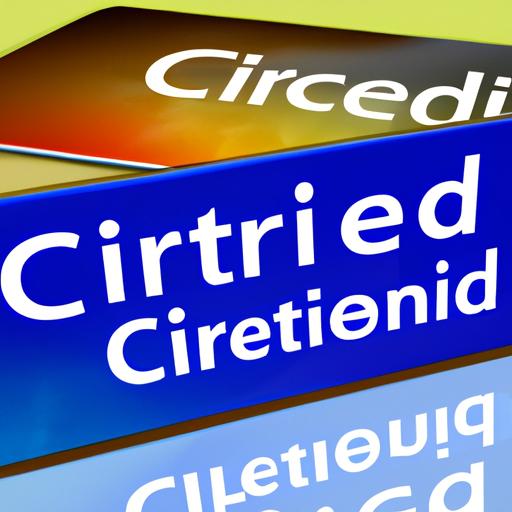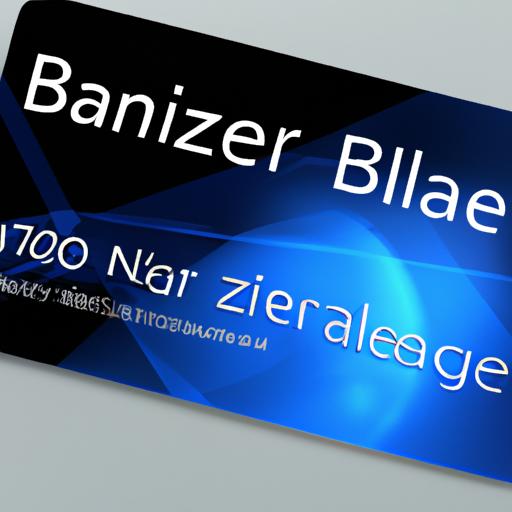Does DebtHunch Hurt Your Credit?
Introduction
In the realm of personal finance, one term that often comes up is DebtHunch. But what exactly is DebtHunch? DebtHunch is a debt consolidation service that aims to help individuals manage and pay off their debts more effectively. By combining multiple debts into a single monthly payment, DebtHunch simplifies the debt repayment process, making it easier for individuals to stay on top of their finances.
Your credit score plays a crucial role in your financial well-being. It is a three-digit number that reflects your creditworthiness and is used by lenders to determine your eligibility for loans, credit cards, and other financial products. Maintaining a good credit score is essential for securing favorable interest rates and terms on credit products. Now, the big question arises: How does DebtHunch impact your credit score? Let’s delve deeper into this topic to understand the implications of using DebtHunch on your credit standing.
Understanding DebtHunch
A. What is DebtHunch?
DebtHunch is a debt consolidation service that helps individuals streamline their debt repayment process by combining multiple debts into a single monthly payment. It provides a structured repayment plan that is tailored to the individual’s financial situation, making it easier to manage debts effectively. DebtHunch aims to alleviate the burden of debt and provide a clear path towards financial freedom.
B. How DebtHunch Works
When you enroll in DebtHunch, the service will assess your outstanding debts and create a personalized repayment plan for you. DebtHunch negotiates with creditors on your behalf to lower interest rates and consolidate debts into a single, manageable payment. By consolidating debts, you can simplify your finances and potentially save money on interest payments. DebtHunch works with you every step of the way to ensure you stay on track with your repayment plan.
C. Benefits of Using DebtHunch
There are several benefits to using DebtHunch. Firstly, it can help you organize your debts and create a structured repayment plan that fits your budget. By consolidating debts, you may be able to lower your overall interest rates and save money in the long run. DebtHunch also provides support and guidance throughout the debt repayment process, helping you stay motivated and committed to becoming debt-free.
Impact of DebtHunch on Credit Score
A. Does DebtHunch Hurt Your Credit Score?
When considering using a debt consolidation service like DebtHunch, one common concern is its potential impact on your credit score. The good news is that DebtHunch itself does not directly hurt your credit score. In fact, consolidating your debts can sometimes have a positive effect on your credit standing. By streamlining your debt payments and potentially reducing your overall debt burden, DebtHunch can help you make timely payments and improve your credit score over time.
B. Factors That May Affect Credit Score
While DebtHunch may not directly harm your credit score, there are other factors that can influence your credit standing. Payment history, credit utilization, length of credit history, new credit accounts, and credit mix are all crucial components that determine your credit score. It’s essential to manage these factors responsibly, even when using a debt consolidation service like DebtHunch, to ensure that your credit score remains healthy.
C. How DebtHunch Can Potentially Impact Credit Score
The impact of DebtHunch on your credit score ultimately depends on how you manage your debts post-consolidation. Making timely payments, avoiding taking on new debts, and maintaining a good credit utilization ratio are key factors in preserving and even enhancing your credit score while using DebtHunch. By staying proactive and responsible in managing your finances, you can mitigate any potential negative impact on your credit score and work towards improving your overall financial health.
Ways to Minimize Negative Impact
A. Tips for Managing DebtHunch Effectively
When using DebtHunch, it’s crucial to have a clear plan in place to manage your debts effectively. Start by creating a budget that outlines your income, expenses, and debt repayment goals. By tracking your spending and prioritizing debt payments, you can stay on top of your financial commitments and prevent any negative impact on your credit score.
B. Strategies to Improve Credit Score While Using DebtHunch
While using DebtHunch, there are several strategies you can implement to improve your credit score. Make sure to make timely payments on your DebtHunch consolidation loan or program. Additionally, try to keep your credit utilization low by not maxing out your credit cards. By demonstrating responsible financial behavior, you can gradually boost your credit score over time.
C. Common Misconceptions About DebtHunch and Credit Score
There are various misconceptions surrounding DebtHunch and its impact on credit scores. One common misconception is that using DebtHunch automatically damages your credit score. However, if managed effectively, DebtHunch can actually help improve your credit score by simplifying debt repayment and reducing the risk of missed payments. It’s important to separate fact from fiction and understand how DebtHunch can be a valuable tool in your journey towards financial stability.
Alternatives to DebtHunch
A. Other Debt Consolidation Options
When exploring debt consolidation options, it’s crucial to consider alternatives to DebtHunch. One popular alternative is debt consolidation loans, where you take out a new loan to pay off existing debts. This method combines all your debts into one, potentially lowering your overall interest rate and simplifying your repayment process. Balance transfer credit cards and home equity loans are also viable options for consolidating debt.
B. Pros and Cons of Different Debt Relief Methods
Each debt relief method comes with its own set of advantages and disadvantages. Debt settlement, for example, allows you to negotiate with creditors to settle your debts for less than what you owe. While this can help you get out of debt faster, it may have a negative impact on your credit score. On the other hand, credit counseling offers a structured repayment plan and financial education to help you manage your debts effectively.
C. How to Choose the Best Option for Your Financial Situation
Selecting the right debt relief method depends on your unique financial circumstances and goals. Consider factors such as the total amount of debt you owe, your credit score, and your ability to make monthly payments. Consulting with a financial advisor or credit counselor can provide valuable guidance on choosing the best debt consolidation option for your specific situation. By weighing the pros and cons of each method and evaluating your financial capabilities, you can make an informed decision that sets you on the path to financial freedom.






